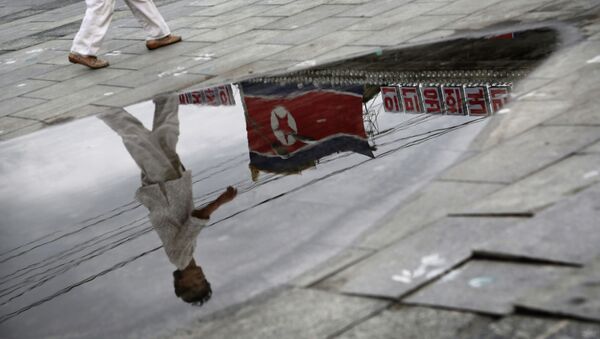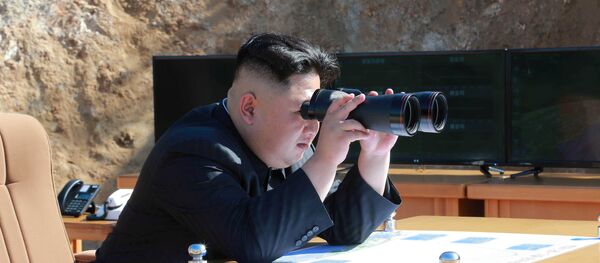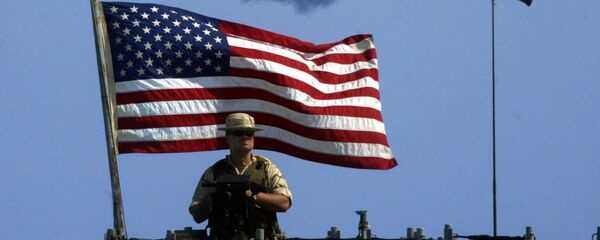The North Korean ship, Jie Shun, was travelling through the Suez Canal flying Cambodian colors when Egyptian customs officials descended for a raid. The agents, reportedly acting on a secret tip from the United States, found 30,000 RPGs hidden aboard valued at roughly $23 million total.
The Jie Shun was en route to an unknown buyer. UN investigators say they suspect the buyer to be Egyptian businessmen who hoped to then sell the RPGs to the Egyptian military. It isn't clear if the North Koreans received payment for the goods or not.
The UN investigators added that the incident was the "largest seizure of ammunition in the history of sanctions against the Democratic People's Republic of Korea." As the case was part of an ongoing UN investigation, few details were available about the dramatic series of events before the Post story broke.
The incident caused friction between Washington and Cairo, according to the UN, after the Americans accused the Egyptians of secret cooperation with Pyongyang. American officials claimed that the US told Cairo about the incident to force them to take action — otherwise, Egypt would have been able plausibly deny the knew anything about the ship's cargo.
The Egyptian embassy in Washington issued a statement addressing the charges of prohibited collusion with the heavily-sanctioned Asian nation. "Egypt will continue to abide by all Security Council resolutions and will always be in conformity with these resolutions as they restrain military purchases from North Korea," the embassy said in their statement.
Several countries have been accused of buying conventional weapons from North Korea, including the Democratic Republic of the Congo, Cuba, Eritrea, Iran, Myanmar, Syria and Uganda. However, all of those countries are sanctioned by the US, with Eritrea joining the club in September for buying North Korean weapons and not complying with US standards of human trafficking prevention.
Egypt, on the other hand, is one of the US' closest allies in the Middle East, although relations have stumbled over allegations of human rights abuses at Cairo's hands. "We are very much behind Egypt and the people of Egypt," said US President Donald Trump in April. Just a few months later, however, almost $300 million in planned US military aid to Egypt was frozen or delayed.
The Trump White House at the time claimed that Egypt's poor human rights records in recent years was the reason for the freeze, but now it's been unveiled that the accusations of cooperation with North Korea were the true cause of the schism.
"The recent cut in the US military aid to Egypt was a clear message to Cairo: You choose us or North Korea, you cannot have military relations with both of us," Egyptian political analyst Mohammed el-Menshawy said to the Associated Press. "Cairo got the message and it cut ties with North Korea."
Before Egypt entered the US bloc in the late 1970s, they had an alliance and military relationship with North Korea via their mutual ally the Soviet Union. DPRK pilots trained the Egyptian Air Force after Cairo's defeat in the 1973 Yom Kippur War against Israel, and the two nations have been known to buy and sell ballistic missiles from one another as recently as the 1990s.





